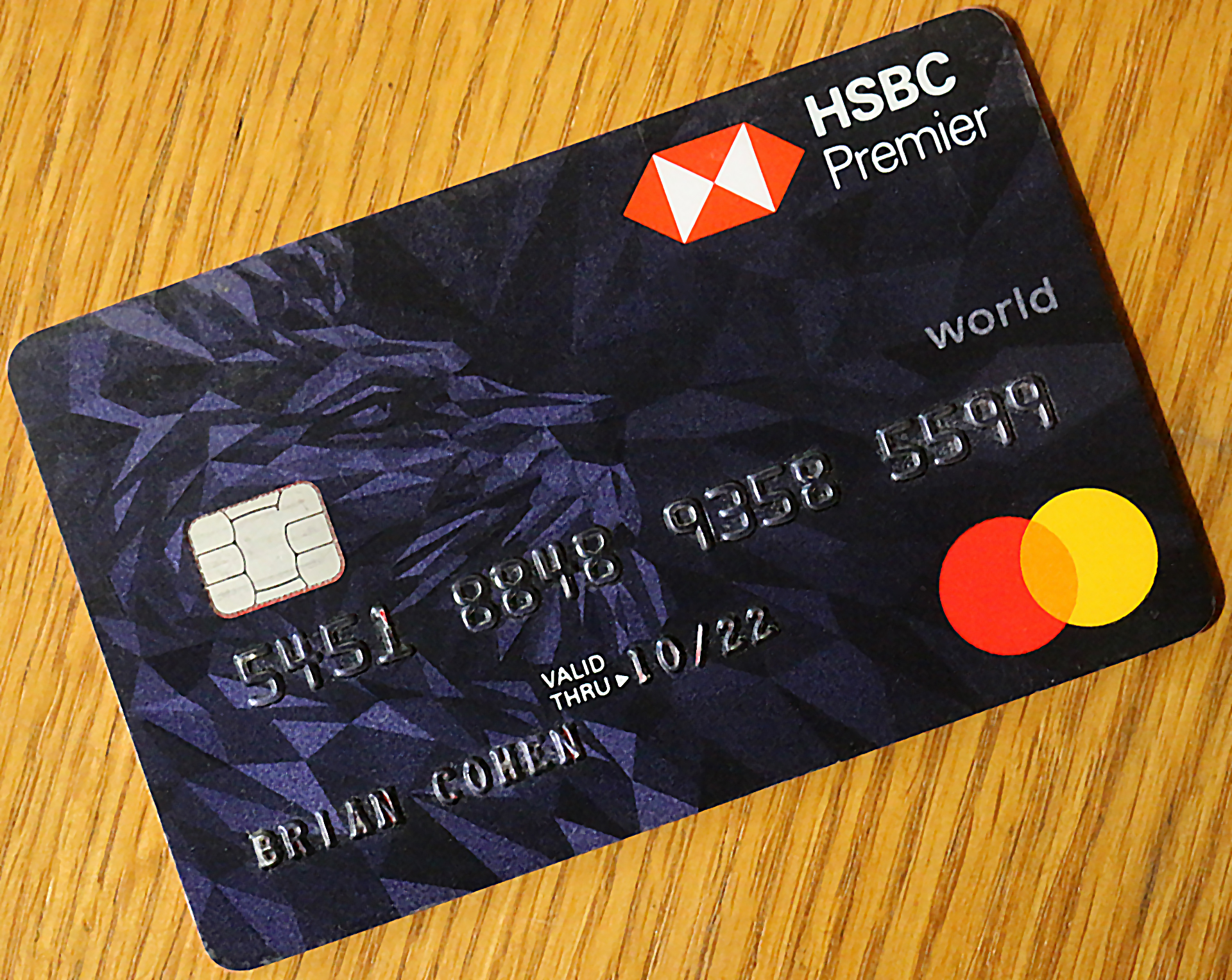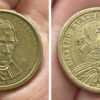An amended credit card surcharge law in New York State now in effect is designed to better protect consumers while simultaneously promoting greater transparency, as the total price of transactions — including surcharges — must be posted by business entities prior to sale.
Amended Credit Card Surcharge Law in New York State Now In Effect
“New Yorkers should never have to deal with hidden credit card costs, and this law will ensure individuals can trust that their purchases will not result in surprise surcharges,” Kathy Hochul — who is the current governor of the state of New York — said, according to this official press release. “Transparency is crucial in building trust between businesses and communities and now patrons will be empowered to budget accordingly.”
This new law — which was signed by the governor on Wednesday, December 13, 2023 but became effective as of Sunday, February 11, 2024 — provides greater transparency and protections for consumers by:
- Limiting credit card surcharges to the amount charged to the business by the credit card company; and
- Requiring businesses to post before checkout:
- The total price of an item or service inclusive of the credit card surcharge; or
- A two-tiered pricing option, which requires the credit card price to be posted alongside the cash price.
The Division of Consumer Protection of the Department of State of New York State recommends that interested localities review its Credit Card Surcharge Legal Update Letter for additional information.
The following practices and examples comply with the notice requirements of the credit card surcharge law, as per the Credit Card Surcharge Guidance Document and educational video, which contain additional examples:
The business may:
- List the higher credit card price next to a lower cash price.
- List the credit card price for items and services — then lets customers know they will receive a discount for using cash.
- Change all prices to the credit card price.
The business may not:
- Post a sign on the door and at the register stating an additional 3.9 percent surcharge will apply for credit card purchases.
- Post a statement that is similar to the following quote: “This business has a 4 percent cash discount incentive built into all pricing. Any purchases made with a credit or debit card will not receive the cash discount and an adjustment in cost will be displayed on your receipt.”
- Charge a convenience fee, service fee, administration fee, non-cash adjustment, technology fee, processing fee, or any similar fee to credit card users and added as a separate line item on a customer receipt.
- Display the price tag of an item which is similar to the following quote: “$10.00, + 4 percent if paying with a credit card.”
Interestingly, this law does not apply to debit cards.
The Division of Consumer Protection provides educational assistance to consumers on how to protect themselves from unfair practices while also offering resources to the business community to help them comply with the law and prevent fraudulent and deceptive practices. The law permits local governments to join in on its enforcement as it provides consumers with additional resources for compliance and provides local governments with broader opportunities to promote consumer protections for their citizens. Consumers are encouraged to file a complaint pertaining to any issues related to credit card pricing at the register with the:
- Division of Consumer Protection to receive a refund of any excess fees paid to a merchant in New York State, or
- Attorney General or participating local governments for enforcement of a merchant you believe violated the law.
Final Boarding Call
This new law interested me because I just returned from Australia, where merchants are allowed to — and usually add — a credit card surcharge which is required to be equal to what they pay to accept credit cards that are used by their customers, according to a law that was enacted by the Australian Competition and Consumer Commission back on Friday, September 1, 2017. I did not like those surcharges added on, which very few merchants absorbed instead of passed on to their customers; so I did not know the exact total price until I had to pay the bill.
I preferred to used credit cards instead of cash to not only take advantage of a good exchange rate between currencies; but I also did not have to take the time to exchange currency in the first place. I suppose a credit card surcharge fee of up to two percent added to the total of the product or service is worth the convenience in many cases; but I would have just rather had the total price displayed before the purchase — which, of course, would be unfair to consumers who prefer to pay with cash.
I have always advocated in numerous articles at The Gate With Brian Cohen over the years that the price displayed to consumers should include all mandatory surcharges — including all taxes and fees — so that the consumer knows exactly what he or she will pay for a product or service in any industry.
Furthermore, a precise breakdown of that total price should accompany the purchase so that the consumer understands exactly what they are paying — as well as what contributes to the total price.
The state of New York has passed — or considered — some rather questionable laws over the years…
- Ban of Single Use Plastic Toiletry Bottles at Hotels to Become Law in New York
- AirTrain Service to LaGuardia Airport? Forget About It.
- New York Congestion Pricing Rates Revealed — Plus Other Details
…but if this credit card surcharge law actually works the way it is intended, then consumers will have scored a small victory in the war on intentional fee obfuscation by some merchants.
Photograph ©2023 by Brian Cohen.

